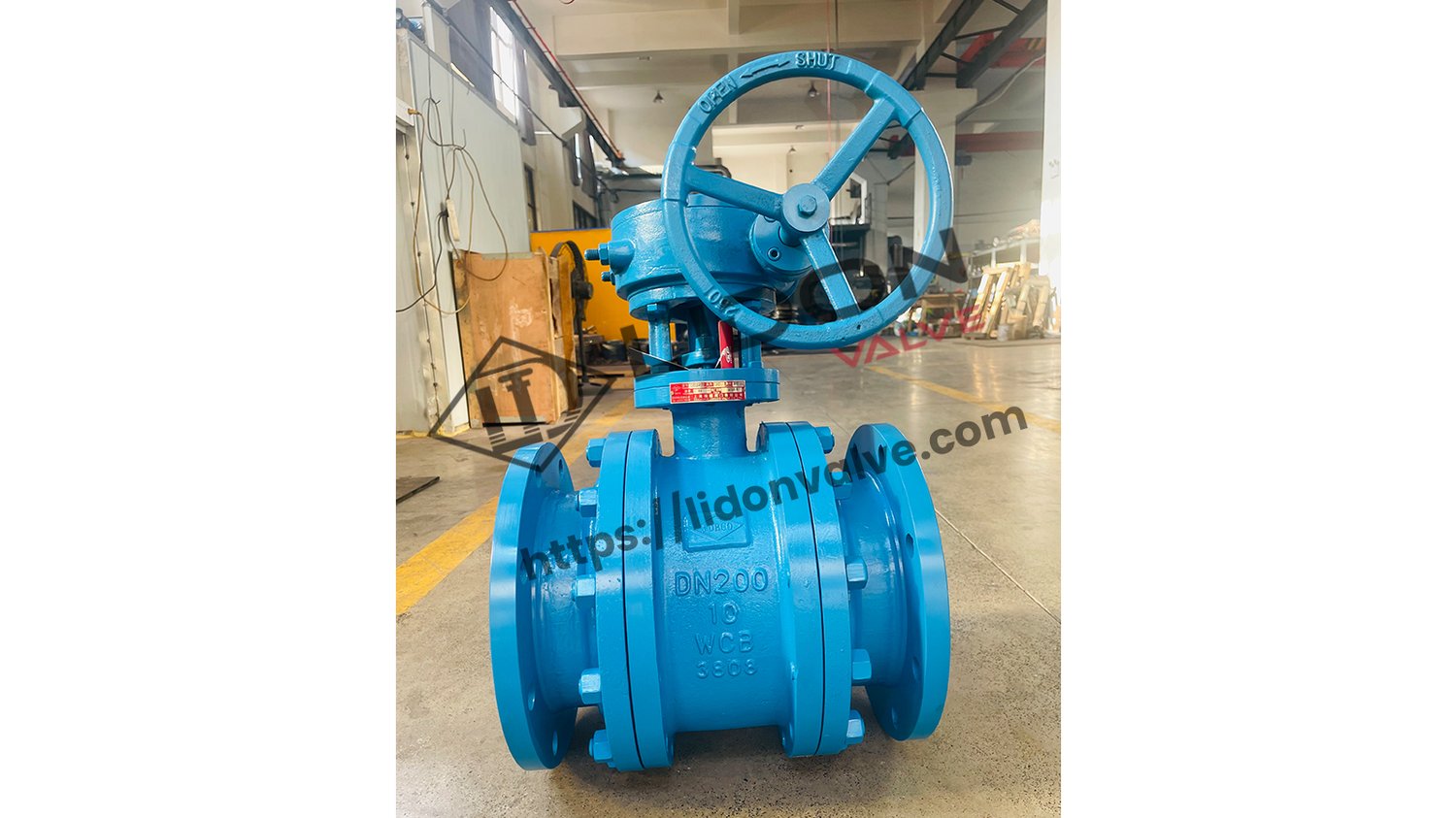The Advantages and Applications of ceramic lined ball valves
When it comes to industrial valves, the ceramic lined ball valve is a true game-changer. Combining the excellent properties of ceramics with the reliability of ball valves, this innovative solution offers numerous advantages in various applications. In this article, we will explore the key features, benefits, and applications of ceramic lined ball valves.
1. What is a Ceramic Lined Ball Valve?
A ceramic lined ball valve is a type of valve that has a ceramic coating on the inner surfaces of its ball and seat. This ceramic lining provides superior resistance to wear, corrosion, and erosion, making it ideal for handling abrasive and corrosive fluids. The ceramic layer is typically made of materials like alumina or zirconia, which have exceptional hardness and chemical resistance.
2. Superior Wear and Corrosion Resistance
One of the main advantages of ceramic lined ball valves is their exceptional wear and corrosion resistance. The ceramic coating acts as a protective barrier, preventing the ball and seat from coming into direct contact with the fluid. This eliminates the risk of corrosion and significantly reduces wear, extending the valve's lifespan and reducing maintenance requirements.
3. Excellent Fluid Flow Control of ceramic lined ball valves
Ceramic lined ball valves offer excellent fluid flow control due to their low friction coefficient. The smooth and hard ceramic surfaces minimize flow resistance, allowing for precise and efficient regulation of fluid flow. This makes them highly desirable in applications where accurate control is crucial, such as in chemical processing plants and power generation facilities.
4. Resistance to Abrasion and Erosion
Thanks to their exceptional hardness, ceramic lined ball valves exhibit high resistance to abrasion and erosion. This makes them particularly suitable for handling abrasive fluids, slurries, and powders. Industries such as mining, wastewater treatment, and pulp and paper rely on ceramic lined ball valves to withstand the harsh conditions and maintain reliable operation even in the presence of abrasive media.
5. Zero Leakage and Reliable Sealing of ceramic lined ball valves
The tight sealing properties of ceramic lined ball valves ensure zero leakage, even under high-pressure conditions. The ceramic coating provides a smooth and uniform surface, creating a tight seal with the seat. This feature is critical in industries where leakage can lead to environmental contamination, safety hazards, or product loss.
6. Wide Temperature and Pressure Range
Ceramic lined ball valves have an impressive temperature and pressure range. They can withstand extreme temperatures, ranging from cryogenic conditions up to several hundred degrees Celsius. Additionally, they can handle high-pressure applications, making them suitable for use in various industries, including oil and gas, petrochemical, and pharmaceutical.
7. Chemical Compatibility of ceramic lined ball valves
The chemical resistance of ceramic lined ball valves is another notable advantage. Ceramics are known for their resistance to a wide range of chemicals, including acids, alkalis, and organic solvents. This makes them highly versatile and suitable for handling aggressive or corrosive fluids that would quickly degrade traditional metal valves.
8. Reduced Maintenance and Downtime
With their superior wear and corrosion resistance, ceramic lined ball valves require less maintenance compared to traditional valves. The reduced need for repairs and replacements translates to less downtime and increased operational efficiency. This benefit is particularly valuable in industries where downtime can be costly and disrupt production processes.
9. Applications of Ceramic Lined Ball Valves
Ceramic lined ball valves find applications in a wide range of industries. Some common uses include:
- Chemical processing plants
- Power generation facilities
- Oil and gas refineries
- Petrochemical industries
- Pharmaceutical manufacturing
- Pulp and paper mills
- Mining and mineral processing
- Wastewater treatment plants
10. Conclusion
Ceramic lined ball valves offer numerous advantages in terms of wear and corrosion resistance, fluid flow control, and sealing capabilities. Their ability to withstand high temperatures, pressures, and aggressive chemicals makes them highly versatile and suitable for various industries. By choosing ceramic lined ball valves, companies can benefit from reduced maintenance, increased operational efficiency, and improved reliability.

